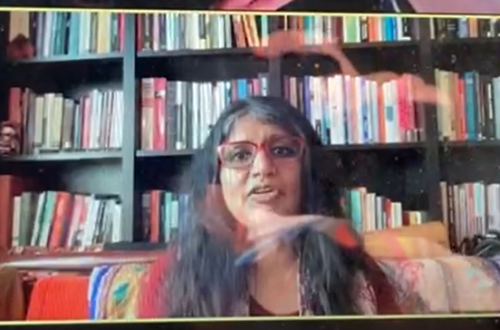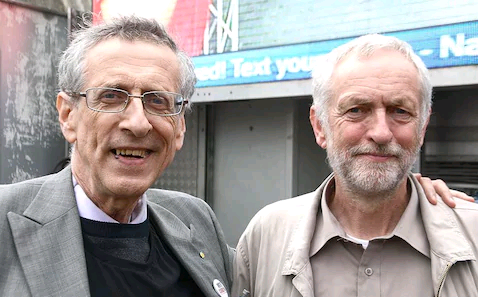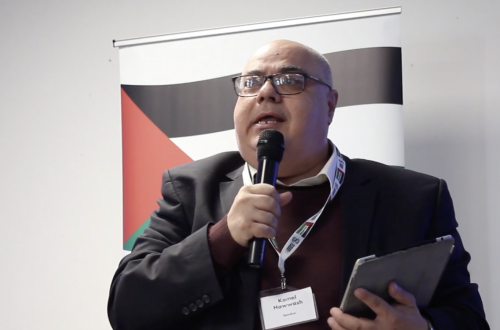From Karachi to San Bernadino: In Quest of an Alternative Discourse on Terrorism
First published in Huffington Post
During my recent trip to Pakistan to attend an international educational and cultural conference in Karachi, I had an interesting discussion on the Paris attacks. A warm and friendly American academic colleague suggested how terrorism could be attributed to U.S. foreign policy failure and mentioned Iraq as an example. He opined that global terrorism could be the natural reaction of millions of Muslims who were adversely affected by the U.S.-led invasion of Iraq and elsewhere. Much as I appreciated the self-criticism of my esteemed American colleague, as a Muslim from a multi-sect background, I begged to disagree.
If terrorism is simply a result of bad U.S. foreign policy – and aspects of such policy have certainly been disastrous – then why are the major affectees in Iraq not lashing out?
Why were there no Ezidi (or Yazidi) suicide bombers in Paris or London? Why are no Iraqi Shias – who have suffered the highest casualties not only at the hands of the ISIS but also before that at the hands of Saddam Hussain and his Baathist machinery -exploding themselves in markets and train stations in Europe and North America? And why were there no Pakistani Sunni Barelvis, Sufis, Iraqi Kurds, Syrian Christians and Yemeni Shias amongst the fanatics cowardly gunning down innocent Parisians who were simply enjoying a music concert at the Bataclan theatre?
Closer to my origins in Pakistan, the Sunni Barelvis, Sufis and Shias along with Ahmadis and Christians suffer regular violence at the hands of proscribed militant outfits such as the Sipah-e-Sahaba Pakistan (SSP, currently operating as Ahle Sunnat Wal Jamaat (ASWJ), Lashkar-e-Jhangvi (LeJ) and the Pakistani Taliban (TTP). Indeed, not a single incident of suicide bombing or indiscriminate massacres in Pakistan can be attributed to Sunni Barelvis, Sufis, Shias, Ahmadis, Christians or Hindus.
Thus, despite certain ramifications, terrorism is not entirely attributable to bad governmental policy. Instead, irrespective of the geographical or political context, it is possible to trace the common denominator in the world’s most lethal terror outfits, namely Boko Haram, ISIS, Al-Qaeda/Al-Nusra, Taliban and SSP/LeJ.
What’s common in them? It is Takfiri jihadism of the Salafis/Wahhabis which is rooted in the ideologies of Ibn Taymiyyah (1263-1328) and Muhammad ibn Abd al-Wahhab (1703-1792). In South Asia, takfiri jihadism was adopted and practiced by the Deobandis and their predecessors, from Syed Ahmed’s (1786-1831) jihadist movement to the Taliban and SSP/LeJ.
Similarly, terrorism cannot be blamed on economic deprivation. If that were the case, the increasingly oppressed and disenfranchised Christian and Hindu communities of Pakistan would have taken the lead in terrorist activities. Yet as per an academic research conducted by Dr Ejaz Hussain at the University of Pennsylvania, 90% of the terrorists in Pakistan are from the Deobandi sub-sect, a South Asian variant of Wahhabism.


